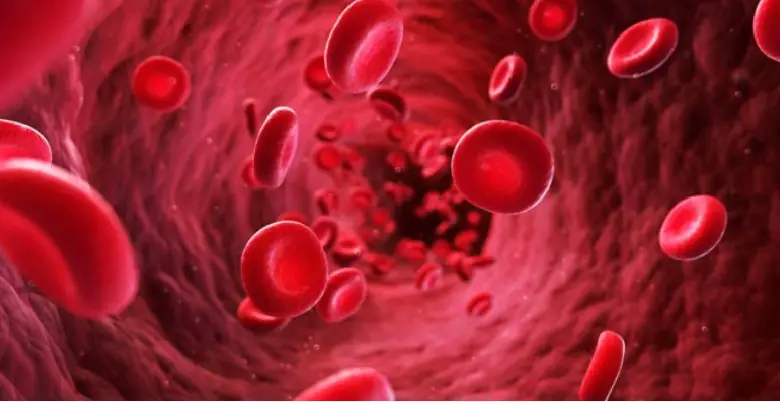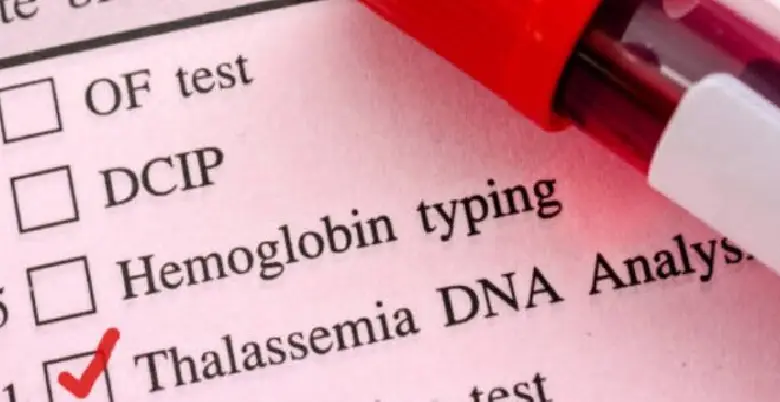Beta Thalassemia is an inherited blood disorder caused due to lower production of haemoglobin and damaged/missing genes. Majorly, cases of beta thalassemia are prevalent in people of Greek, Asian, Italian or African origin, with a 25% chance to affect the foetus during each pregnancy, if one out of both the parents suffer from the disorder.

In addition to being a lifelong and serious illness, it requires immediate medical attention as it can cause a number of serious complications like cardiac complications, liver and gallbladder issues and in later stages, even death.
Introduction Beta Thalassemia Treatment
This disorder is divided into Beta Thalassemia Minor, Intermedia and Beta Thalassemia Major based upon the severity of the symptoms,the number of defective genes and the mutation’s location.
You Should also know – Anal Cancer Treatment
Beta Thalassemia Minor is less severe and usually asymptomatic followed by mild anaemia. Beta Thalassemia Intermedia is a medical condition of intermediate gravity between β-Thalassemia Minor and Major.
Symptoms may include decreased haemoglobin levels, brittle bones, shortness of breath and extreme tiredness. In older children symptoms like delayed puberty, osteoporosis, impaired growth and gallstones may show up.
You Should also know – Breast Cancer Treatment
Beta Thalassemia Major (also known as Cooley’s anaemia) is more severe and life-threatening. The symptoms include jaundice, loss of appetite, abdominal swelling, irritability and change in the shape of bones in the face and head.
Treatment of Beta Thalassemia

β-Thalassemia, being a chronic disorder, requires lifelong treatment and medical attention to reduce the symptoms. Initially, the symptoms might often be mistaken as an iron deficiency.
However, too much iron in the body due to iron replacements can be harmful and thus proper diagnosis is advisable.
Also read about – Perianal Abscess Treatment
Some of the treatments to Beta Thalassemia include-
- Blood Transfusions – On certain occasions, blood transfusions are required when the haemoglobin of the patient falls below a certain level.
While these transfusions are usually safe, they may cause too much iron to build up in your body due to which, you might be required to take certain medications to remove excessive iron from your body (Chelation Therapy). - Bone Marrow Transplant – In a bone marrow transplant, the use of high-dose chemotherapy is made and thalassemia-producing cells are replaced with healthy donor-cells, thus eradicating abnormal cells.
- Gallbladder Removal Surgery – More than half of the people suffering from Beta Thalassemia develop gallstones by the age of 15. In case of any discomfort and inflammation, gallbladder removal surgery (cholecystectomy) is advised.
- Luspatercept – Luspatercept is an FDA-approved drug used to treat anaemia in patients suffering from β-Thalassemia with very low-to-intermediate risk myelodysplastic syndromes (MDS), requiring regular transfusions.
Read more : Brain Haemorrhage Treatment
- Folic Acid Supplements – Folate supplements are recommended for patients as it is known to reduce symptoms like fatigue,bone pain and myalgia. Pregnant women suffering from thalassemia are at a higher risk of folate deficiency due to a higher rate of chronic haemolysis.
- Gene Therapy – Since this disorder is caused due to missing or damaged genes, a family history of Beta Thalassemia puts you at a greater risk of getting the disorder.
A Gene Therapy treatment involves collecting blood-forming stem cells of thalassemia-afflicted patients and genetically manipulating them in specialised labs.
By adding a new gene or editing an existing gene, this therapy targets the genetic disease, thus deleting the disease-causing gene permanently.
Read also about : Cidp Treatment
- Splenectomy – Spleen is an organ which is located on the left side of the abdomen, under the rib cage in your body. Its purpose is to fight off infections in your body, filtering old cells from your bloodstream.
Spleen removal or splenectomy is a procedure usually required in patients suffering from transfusion dependent thalassemia (TDT), in order to improve red blood cells transfusion.
